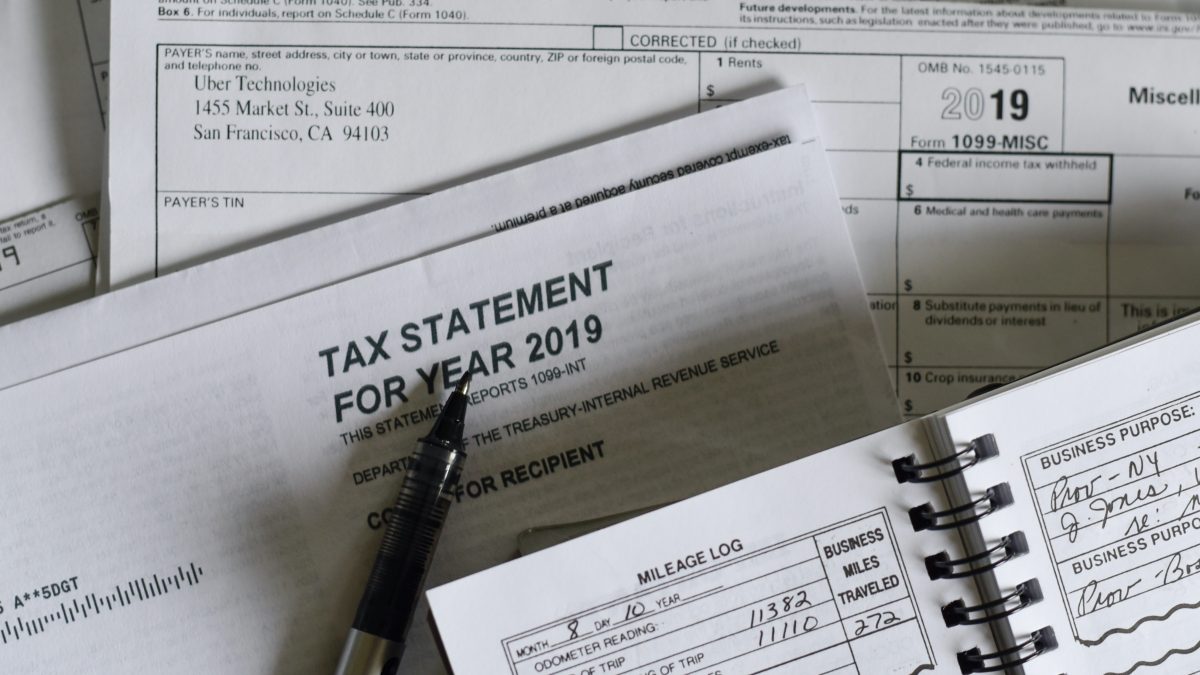The taxation of a corporation

Who can register for GST and QST?
July 19, 2021
Changing a provincial corporation to a federal corporation (and vice versa)
August 11, 2021Separate entity
A corporation (company) is a separate entity with its own legal personality. As such, the Canadian tax system provides for special taxation to govern the taxation of corporations. A corporation is subject to a corporate tax rate, the rate of which can change depending on the amount of income and the type of income. The following are some (but not all) features of the corporate tax system.
Small Business Deductions (SBD)
In Canada, Canadian-controlled private corporations (CCPCs) may qualify for a reduced tax rate on their active business income (ABI). For example, for a corporation that qualifies for both the federal and Quebec SBDs, its tax rate on active business income will be 12.38% (provincial and federal rates combined). This rate can only be applied on the first $500,000 of business income.
It should be noted that in Quebec, the provincial ECD is only available if the company has 5,500 paid hours per year. A portion of the ECD will be available if the corporation records between 5,000 and 5,500 hours. For example, for a corporation with a fiscal year ending December 31, 2021 and less than 5,000 hours, its combined corporate rate will be 20.5%. Alternatively, a company may qualify for the Quebec ECD if it is in the primary or manufacturing sector.
The ECD is only available on businesses that are actively operated within the meaning of the law, thus excluding specified investment businesses, and personal service businesses (incorporated employee), which are subject to a higher tax rate.
The $500,000 eligible for the reduced rate is a "business limit" that is shared among the so-called "associated" companies. In addition, there are exceptions whereby the amount eligible for the ECD may be reduced.
Investment income
An additional refundable tax of 10 2/3% is to be applied on the investment income of a corporation. The government wishes to discourage the use of corporations to generate investment income at a lower tax rate. For example, rental and interest income may be subject to this additional tax. A special tax also exists for certain types of dividends received, for example from companies that are not connected within the meaning of the law. These additional taxes are refundable when a dividend is paid to shareholders, via RDTOH accounts.
Declaration and payment of dividends
The income of the company should not be confused with the income of its shareholders. A corporation may declare and pay dividends to its shareholders out of its net profits. These dividends will be taxable when paid to shareholders.
In order to avoid double taxation, the tax laws provide for a gross-up and tax credit mechanism on the dividend received. This is to ensure that the total amount of tax paid (corporate and individual) is similar to the amount of tax that would have been paid if the business was operated by an individual (integration principle). A company will be able to declare ordinary dividends, for income that has benefited from the ECD, as well as eligible dividends, for income subject to the higher tax rate. The integration principle is not perfect, however, and there are sometimes distortions, particularly where the corporation does not qualify for provincial ECD.
Salary or dividend?
The shareholder of a company can also be remunerated by salary, by being an employee of his own company. Tax planning is recommended in order to determine the most advantageous way of remuneration. It should be noted that when the entrepreneur is paid a salary by his company, various contributions must be paid and there will be deductions at source from the salary for taxes to be paid.
Advantageous or not the incorporation?
The corporation can be a very tax-efficient vehicle for operating a business, allowing income taxes to be deferred. However, it is not necessarily advantageous in all situations, depending on such things as the type of income, whether the corporation qualifies for ECD (federal and/or provincial), and whether the corporation generates more income than is necessary to cover the cost of living for its shareholders.




